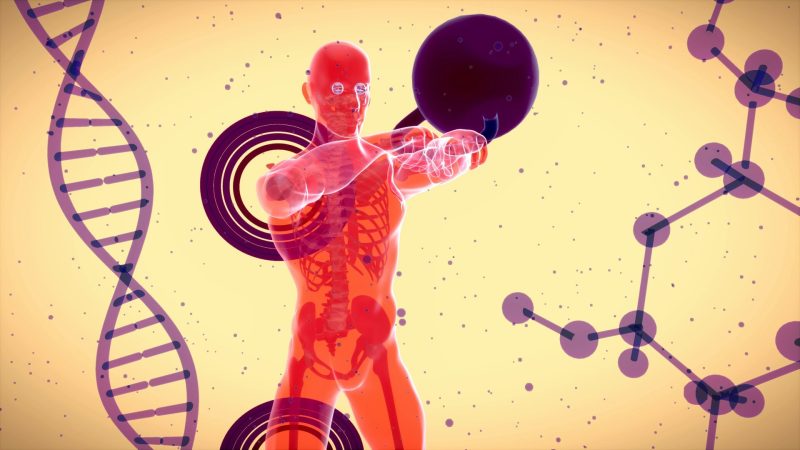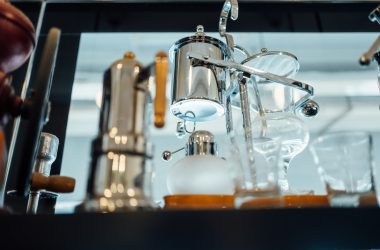Addictions are being developed by more and more people across the country these days, aren’t they? There are, of course, a number of reasons for that.
The past few years have been rough for many people — a global pandemic was faced, the cost of living went up, wars have been happening in different parts of the world, and meanwhile, everyday pressures of work, family, and life haven’t gone anywhere. Because of all this, it’s no surprise that record numbers of people are being checked into alcohol and drug rehabilitation centres.
But here’s a question that’s often asked — how much of addiction is in our genes? Some people believe that if one of their parents was an alcoholic, then they’re automatically destined to be one too. That kind of thinking can be dangerous though, right? It can almost make someone feel it’s acceptable, like fate has already been decided. But… is that really true?
So, let’s try to understand how genetics actually play their part in alcoholism — and how they don’t.
The Hereditary Risk Is Real… But It’s Not Everything
A family history of alcoholism has been recognised as an important risk factor for decades. It’s been shown in study after study that children of parents with alcohol problems are more likely to face similar issues. Twin and adoption studies have been especially convincing. For instance, identical twins (who share almost all their genes) have been found more likely to both develop alcoholism than fraternal twins (who share only half).
Also, adopted children whose biological parents struggled with alcohol are often seen to have a higher risk, even if they grew up in homes where alcohol wasn’t around much. Pretty surprising, isn’t it?
So yes — a hereditary link has been proven. But that doesn’t mean genetics decide your future. They only raise the level of susceptibility, which then mixes with environmental and social factors.
Genes and Brain Chemistry Are Involved Too
Deep inside it all, the brain’s reward system is where alcohol really works its magic. Dopamine, the “feel good” chemical, is released when alcohol is consumed, giving those pleasurable feelings that can make drinking more appealing.
Now, here’s where genetics sneak in. Some people have genetic variations that make their brain more sensitive to alcohol’s effects. Can you imagine that? For them, drinking might bring stronger feelings of calm or happiness — and that can make them more likely to drink more often.
Other people’s genes affect how their brain handles stress. If someone’s naturally wired to feel anxiety more intensely, alcohol may seem like a helpful escape. But over time, that coping habit can turn into dependence — and that’s when things start going downhill.
Alcohol Metabolism Plays a Big Part
The way alcohol is broken down inside the body is also shaped by genes. Two enzymes — alcohol dehydrogenase (ADH) and aldehyde dehydrogenase (ALDH) — are responsible for this process. Genetic variations in the genes controlling these enzymes can totally change how alcohol affects someone.
For example, have you heard of the “Asian flush”? Some people of East Asian descent carry a version of the ALDH gene that causes redness, nausea, and a racing heart after drinking. It’s super uncomfortable — but it actually protects them from alcoholism! On the flip side, people whose bodies process alcohol too quickly might feel fewer negative effects, and that can make them drink more.
Funny how it works both ways, right?
It’s All About the Mix — Genes and Environment
Genes alone don’t tell the whole story. Environmental influences, such as early exposure to alcohol, peer pressure, stress, or cultural views on drinking, are constantly shaping behaviour.
So even if someone is genetically vulnerable, they might never develop alcoholism if they grow up in a safe, supportive space. Meanwhile, someone else with only a small genetic risk might fall into addiction just because they’re surrounded by stress or heavy drinkers.
That’s why, when talking about alcoholism, both nature and nurture need to be considered.
Genetics Could Help With Personalised Treatment
The more that’s being learned about the genetics of alcoholism, the better treatments can be made — exciting, isn’t it? Genetic testing might soon be used to identify people at higher risk, allowing earlier support.
Some medicines already work better for people with certain genetic types. Can you imagine having a treatment plan built exactly for your body’s chemistry? Research is ongoing, but personalised addiction medicine could be the next big step.
Reducing Stigma Through Understanding
Too often, alcoholism is seen as a failure of willpower — as if people just didn’t try hard enough to stop. But now that we know biology plays a role, doesn’t it change how we look at things? Recognising that addiction has a genetic side can help reduce stigma and bring more empathy.
After all, if people understand that alcoholism is a condition rooted partly in biology, they might feel more encouraged to seek help instead of hiding it. And that — really — could save lives.










